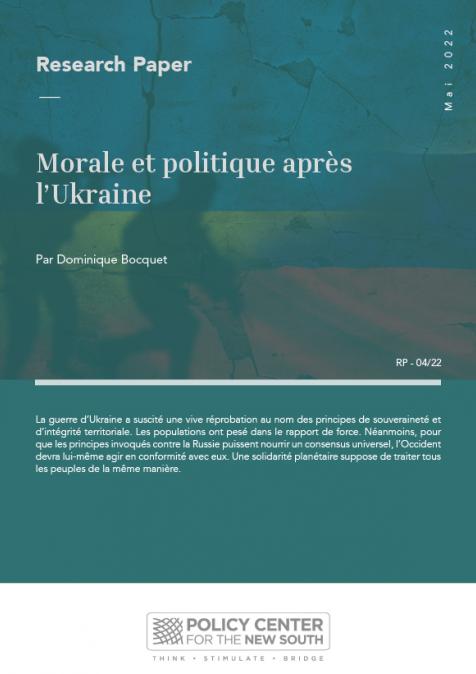Podcasts
Des émergents au défi du « retour de la géopolitique »
Related topics:
Cette deuxième émission de la série Ifri-Policy Center for the New South Roundtables sur "les défis de l'émergence et le retour de la géopolitique" porte sur les défis de l’émergence auxquels sont confrontés des pays comme le Brésil, l’Indonésie, le Nigéria et la Côte d’Ivoire. Acteur économique et politique incontournable des relations internationales depuis le début des années 2000, le Brésil connaît une croissance ralentie depuis 2011. Compte tenu du manque d’investissement dans les secteurs innovants et performants et de la persistance de très fortes inégalités sociales, le questionnement sur la trajectoire d’émergence brésilienne reste entier.
Avec ses caractéristiques géopolitiques, culturelles et politiques, l’Indonésie possède de tous les atouts d’une puissance en devenir. Néanmoins, les nombreuses crises internes et le faible niveau d’industrialisation freinent encore le retour de la confiance des investisseurs et remettent en question le modèle de croissance.
Devenu première puissance économique africaine en 2014, le Nigeria a fini par trouver sa place dans le cercle des pays émergents. Cependant, les inégalités fortes qui y persistent ainsi que la faible diversification de son économie dépendant très largement d’un secteur pétrolier en difficulté sont tant de freins à une croissance solide. Un climat sécuritaire extrêmement délicat fragilise d’autant plus ce géant aux pieds d’argile.
Disposant d’un fort potentiel en ressources naturelles et humaines, d’infrastructures relativement performantes et d’une croissance soutenue depuis l’adoption en 2011 de politiques de grands travaux, la Côte d’Ivoire semble destinée à un avenir économique florissant. Néanmoins, les défis économiques et sociaux que connaît le pays liés à l’existence de fortes inégalités entre espaces ruraux et urbains et à un climat politique tendu pourraient entraver son développement futur.











